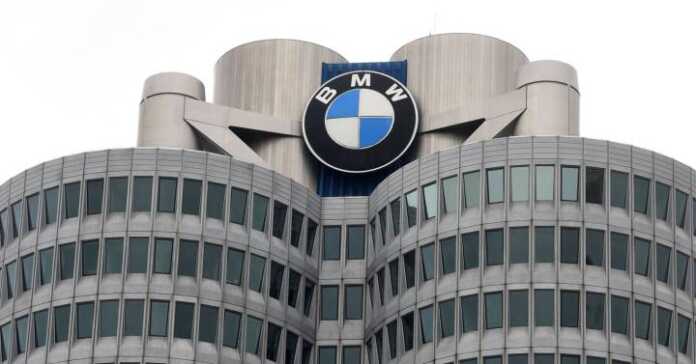The looting of Brilliance China Automotive, BMW’s joint venture in the People’s Republic, by its indebted state-owned parent should serve as a warning to other foreign automakers caught in similar deals: Take control or leave.
On Friday, Hong Kong-listed Brilliance reported that a complex series of undisclosed transactions totaling 53 billion yuan ($7.6 billion) had caused a loss of 2.4 billion yuan for the company, an entity separate from the joint venture with BMW, between 2019 and 2021. This included 11 billion yuan of fund transfers and loan guarantees to its struggling state-owned parent, Huachen Automotive Group, which were never handled by the board or explained to shareholders. . This is not exactly surprising. Huachen has been undergoing bankruptcy restructuring after a series of defaults in 2020, and its former chairman was charged with bribery.
It’s embarrassing, but then again, Brilliance is an outlier among Chinese automakers. His home province, Liaoning, is one of the weakest regional economies in the country. Ever since Beijing announced that foreign brands would be allowed to take control of car joint ventures, investors have concluded that there would be little value left in Brilliance without its goose that lays the golden eggs, and its share price has plummeted. halved until the company delisted in March 2021, after failing to file its 2020 annual report.
The revelations are nothing to rave about, after in February it shelled out €3.7bn to increase its stake in the joint venture to 75% and extend its contract until 2040. Still, the consolidation has made profit before taxes rise to €13bn in the first six months of 2022, from €7.5bn in the comparable period of 2021. Having your 25% partner in trouble is an operational risk, but unless there are skeletons in the closet, it hasn’t hurt BMW.
Many foreign automakers, such as Nissan Motor and Ford Motor, have yet to take control. Like BMW, most of its partners are backed by local governments that are now under increasing fiscal pressure. The risk is growing that authorities will turn to local car champions for funds, as Guizhou province did with its liquor giant Kweichow Moutai.
Joint ventures are also plagued by constant battles over technology, talent and power. BMW and Volkswagen were quick to gain control; Stellantis abandoned its agreement with Guangzhou Auto Group when its attempt to do the same failed. The sooner those who are watching the bulls from the sidelines decide, the more protected they will be.














